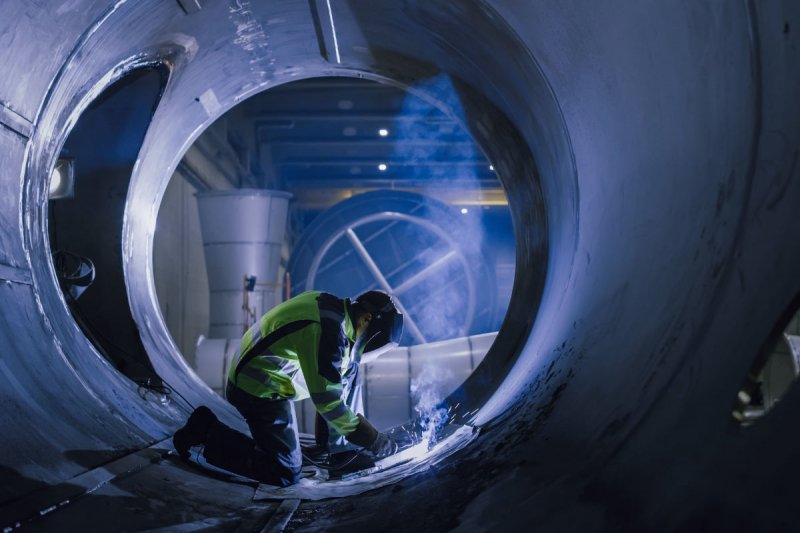Work. We spend a third part of our lives at work. If we take away the time we need to sleep and include the time spent not working but the one we dedicate to travel to the workplace, to talking or thinking about it, we find that work takes up more than half the time we have. Meanwhile, our professional activities respond to several fundamental needs. We work to have something to live for. The money we earn allows us or at least should enable us to, to meet our basic needs and to support our family. At the same time, work can be an opportunity and an inspiration for personal development, the relations contained in the workplace often become an integral part of our social life, and the tasks performed can be an important source of satisfaction, sense of meaning and influence on the world around us. The quality of our work and the conditions in which we carry it out affect almost all aspects of life: physical and mental health, family and social relations, attitudes towards ourselves, the world and other people. It is also worth noting that the quality of work, apart from its personal dimension, also has a broad social impact. If we dream of a mature democracy and a mature, crisis-free and problem-solving society, we must ensure decent working conditions for all citizens.
Given the context described, it is clear that creating and strengthening good jobs should be a priority for everyone: employers, employees, trade unions, government and state institutions, NGOs and, finally, the media. This concern inspired this guideline. It is addressed to those working people who would like to have more influence on the conditions in which they work and how jobs are shaped in their company, industry or region. This guideline intends to prepare all those concerned to act consciously to protect workers' rights and develop employee-employer relationships.
The guideline consists of three parts. In the first part, we answer the question of what decent work is and the challenges facing those involved in improving working and employment conditions. The second part is devoted to reviewing the fundamental rights and obligations of employees who are making the employment relationship work. In the third part, we focus on what we can do to protect these rights, on the one hand, and to improve the situation of workers and workers, on the other. We have divided these activities into three areas: prevention, intervention, implementation of change.
We hope that this guideline will allow readers to take better care of their interests in the workplace and inspire others to take active steps to promote the idea of decent work.








